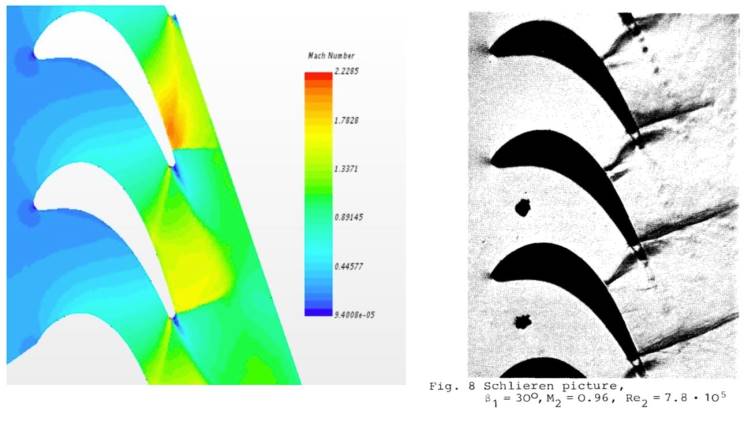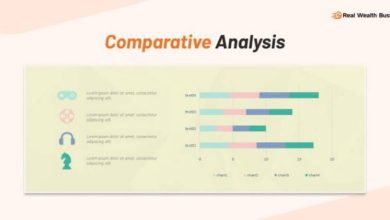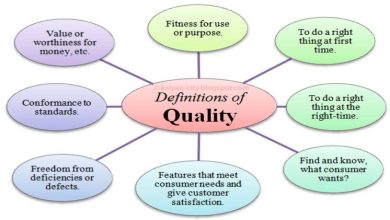Introduction to Computational Fluid Dynamics Turbulence Course

Modeling of fluid turbulence and other aspects of physics related to fluid dynamics have become quite popular these days. If you want to get expert knowledge about computational fluid dynamics and gain practical expertise, you need to do a proper certification CFD turbulence course. It includes various aspects like knowledge of CFD software, understanding equations, and turbulence analytics. CFD turbulence experts are highly in demand these days. Make sure that you understand the basic and advanced levels of CFD turbulence to set up an attractive career ahead.
What Does a CFD Turbulence Expert Do?
A computational fluid dynamics expert will study the nature of fluid flow along with pressure distribution, heat, and mass transfer, along with other factors. It is mainly undertaken to analyze various concepts in fluid dynamics and turbulence modeling. Only then will you be able to set up a design of your choice in the electronic sector, making use of Physics in detail. CFD experts are trained mainly for industrial purposes, where they need to analyze the concepts and validate the results. The duties and responsibilities of a CFD turbulence expert are as follows:
- Comparing test data with practical simulation results.
- Preparing technical reports with high-quality Analytics.
- Analyzing and solving simulation convergence problems.
- Reducing simulation time by automating processes.
- Improving design modifications with the help of practical Data Analytics and validating the results.
What is a CFD Turbulence Course?
A CFD turbulence course will help you gain a better understanding of fluid dynamics and its direct connection with turbulence modeling. Accordingly, you will be able to gain practical knowledge on various industry topics and become an expert in CFD turbulence application. Any graduate from mechanical thermal or any other discipline can take up the online certification course in order to get a detailed understanding of modeling concepts. Here are further details to follow.
Skills you will learn and develop in the course:
- Basics of fluid dynamics.
- In-depth analysis of turbulence modeling.
- Learning stress models.
- Understanding CFD software in detail.
- Knowing the details of RANS models.
- Analyzing the equations.
Future applications/ job opportunities:
- CFD analyst or expert.
- Aerodynamic analyst.
- Flow and thermal engineer.
- Microelectronics numerical simulation engineer.
- Wind resource assessment engineer.
- CFD engineer.
Conclusion
Vast growth in the CFD market is rapidly demanding more and more engineers in this field with relevant knowledge. With a proper CFD turbulence course, you will be not only able to understand the basics but also the advanced levels of fluid dynamics and turbulence modeling. CFD engineers mainly work on developing intensive care applications like air conditioning and others. There is a vast scope in the aerodynamic and microelectronics sector for CFD experts. In order to secure a handsome salary with detailed progress in your career, you need to learn computational fluid dynamics in detail. It will help you establish a stable job in an area that interests you the most. Therefore, it is vital to gain practical knowledge about fluid dynamics with proper certification courses available online.









